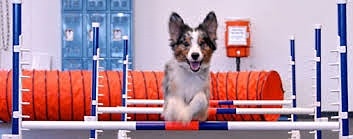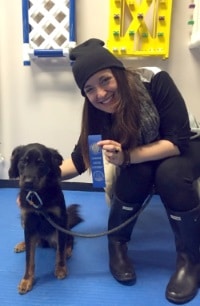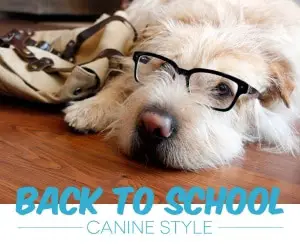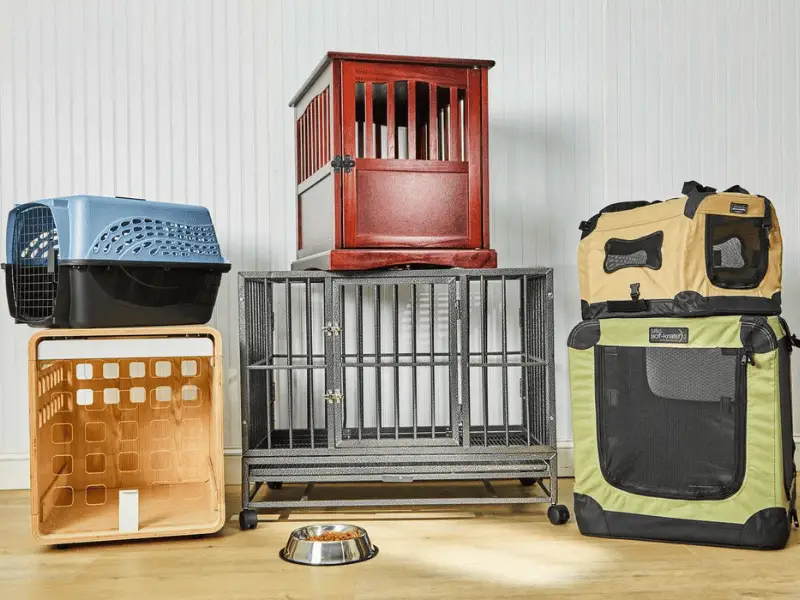It’s never too late to teach an old dog new tricks, and enrolling your adult dog in dog school can be a rewarding experience for both you and your furry friend.
While puppies are typically the first to come to mind when we think of training programs, adult dogs can also benefit greatly from structured learning environments.
In this blog post, we’ll explore the benefits of taking your adult dog to dog school and what you can expect from the experience.
From obedience training to socialization, dog school can help your adult dog become the best version of themselves.
Taking Your Adult Dog To “School”
While kids might groan about heading back to school, your dog would probably jump at the chance to take some group classes.
Regardless of your dog’s age or activity level, there is a training class to suit his needs. Adult and senior dogs can benefit from the structure of training, the fun of a weekly dog-themed outing, and the treats and attention they get in class.
When choosing a group class, ask yourself two questions:
1. What would interest my dog?
2. What is my dog physically capable of?
Here are some classes to consider for different types of adult dogs:
Mind Your Manners
Regardless of age, a basic manners class can teach you and your dog new skills, show you how to eliminate bad habits and enhance your bond with your dog.
Look for a class that uses positive training methods (meaning, using rewards and not punishment), so your dog is sure to have fun.
If your older pup already has the basics down, consider something more advanced, like a tricks class.
Another option is Rally Obedience, which is something I’ve just started doing with my own dog, who is 12 years young! In “Rally-O”, you and your dog perform a series of different obedience or agility tasks laid out on a course.
Young at Heart

For adult dogs who still feel like puppies, there are numerous sport classes to consider, at either the recreational or competitive level.
At Doggie Academy, our most popular classes are in Agility, in which dogs learn to walk up and down a teeter-totter, weave through poles, etc. The trainer will modify the obstacles (such as jump height) to fit your dog’s size and athletic ability.
If your dog has a little bounce in his step, Musical Freestyle classes guide you to create routines to music. Since you design the moves, there is no pressure to push your dog beyond his physical capabilities.

There are even classes suited to more sedate dogs. A Canine Good Citizen class culminates in a 10-task test that evaluates the manners and temperament of a dog. (It is sometimes a prerequisite for therapy dog programs.)
In some cases, adult dogs have an advantage in passing the CGC test because they are less excited to greet strangers and calmer on leash than puppies.
Or, just for fun, try a scent games class, which taps into every dog’s desire to sniff out something tasty.
Special Needs
Even if your dog has a vision, hearing, or physical impairment, he might be able to join group classes. Just contact the instructor of a class you’d like to take, to see if the class would be a good fit.
When choosing a group class, just remember to ask yourself what your dog would choose, even if it’s not your own first choice.
When you see him having fun learning a skill that’s appropriate for him, the excitement is contagious!
Contributor Kate Naito – Kate is a dog trainer with Doggie Academy in Brooklyn, NY




